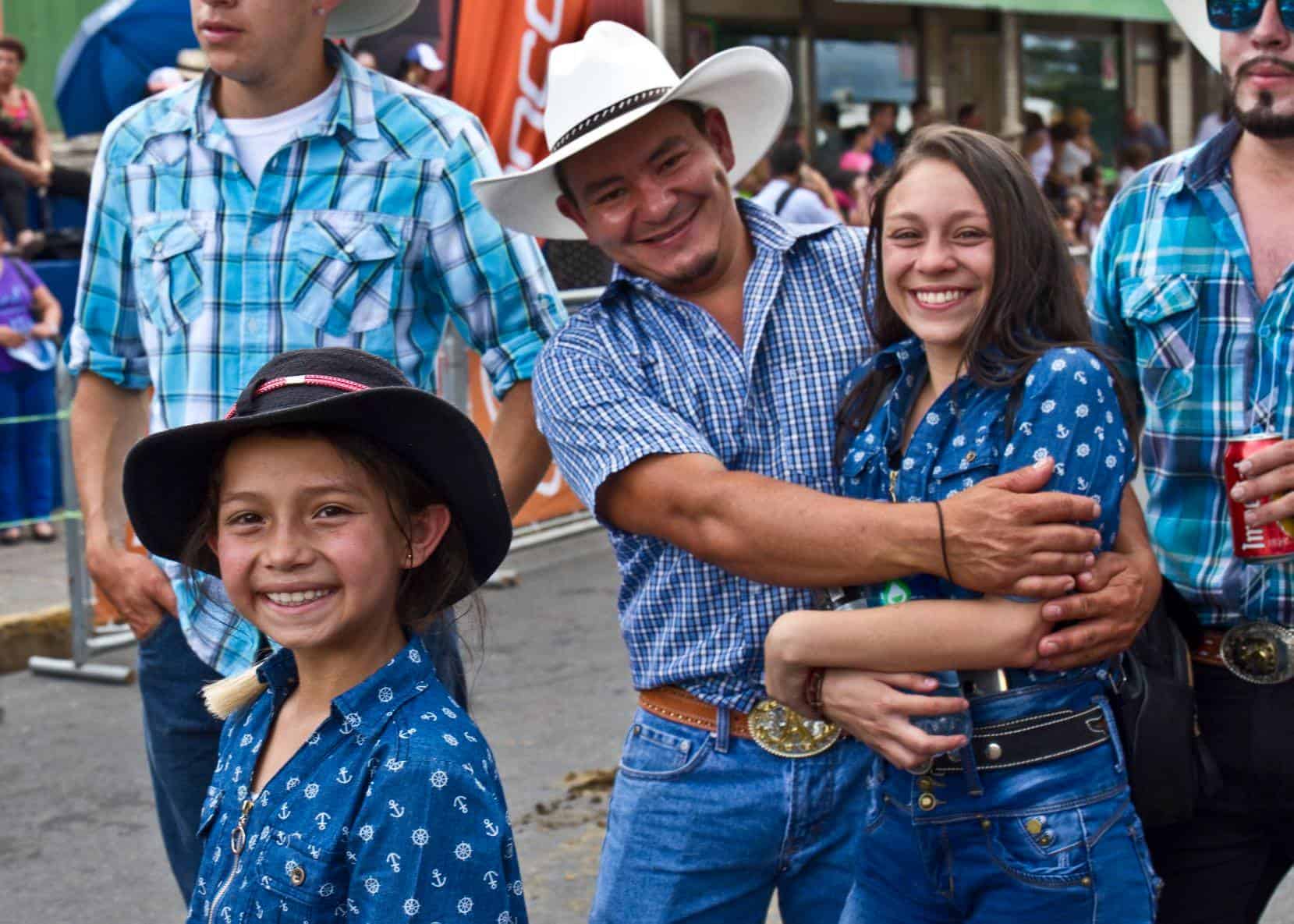You can’t call yourself fluent in Costa Rican Spanish unless you understand its slang.
Last week, we brought you Part 1 of our Tico Talk series on tiquismos or costarriqueñismos.
Here’s Part 2:
Agüevado/a: Slang for feeling depressed or down. The verb is agüevarse. Estoy agüevado … I am feeling down.
Brete: In Costa Rica brete means work. The verb bretear means to work. Trabajo is the more common Spanish word for work.
Carga: Actually means load, but Costa Ricans use this word to describe someone is really good at something.
Catrinearse: To dress up in one’s best clothes.
Chepe: The nickname for the name José in Costa Rica. Ticos often refer to the capital city as Chepe instead of San José. Vamos a jalar a chepe, mae … Let’s go to San José, pal.
Diay / Idiay: An exclamation used to express surprise, disbelief, delight or confusion.
Guaro: A popular alcoholic beverage made from sugarcane, but it can refer to any kind of alcohol like the word “booze” in English. Caique is the most popular brand of guaro that is made and sold in Costa Rica. Because there is an Indian chief with a headless with four feathers on the label, cuatro plumas (four feathers) is also used in slang to refer to cacique.
Filo: Hunger. Hambre is the more common word for hunger in Spanish.
Despiche (vulgar): A mess, confusion or disorder. It can also mean something that is fun, like a party.
Goma: Glue or rubber, but in Costa Rican slang it is a hangover. “Un gomón” is a big hangover.
Güila: The kids, children, or a boy or girl.
Huelepedos (vulgar): A kiss ass. Lamebotas is used in other countries.
Jugado: Person with a lot of experience
Jupa: A term that means “head.” Cabeza is the more common word for head in Spanish. A jupón or cabezón is a stubborn person.
Pichazo (vulgar): A bunch or a large amount of something. It can also mean a hit, strike or blow to a person’s body.
Vacilón: Fun, or a person who is funny
Costa Rican expressions of the week:
Más jugado que el doble cero: To have a lot of experience at doing something.
Más cagado que camión ganadero or Más cagado que palito de lora (vulgar): bad luck, unfortunate, or up to one’s neck in deep doo-doo. Salado also mens “bad luck.”
Christopher Howard has been conducting monthly relocation/retirement tours and writing retirement guidebooks for over 30 years. See www.liveincostarica.com. He is also the author of the one-of-a-kind bestselling, “Guide to Costa Rican Spanish,” that can be purchased through Amazon.

